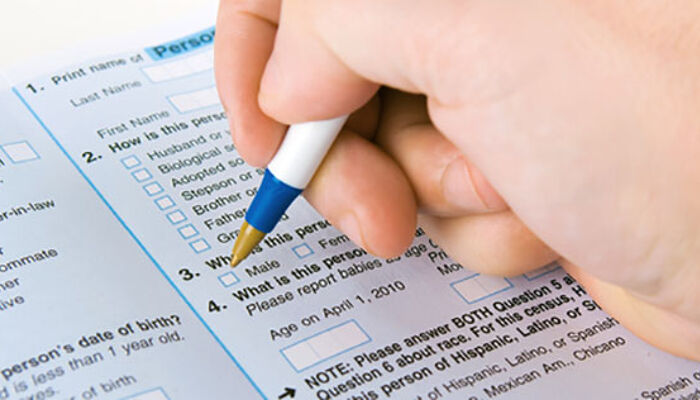
The U.S. Census Bureau has begun testing its sexual orientation and gender identity questions in preparation for its American Community Survey (ACS). The White House’s Office of Management and Budget (OMB) approved the August survey, and the results will be published in early 2026.
President Joe Biden issued a directive for federal agencies to improve their collection methods of LGBTQ+ demographic data, and OMB officials signed off on the new questions on July 11.
Related
Exploring Kamala Harris’ progressive stances: Equity, justice, and change
Kamala Harris has a vision for a fairer future! From taxing the wealthy to advocating for LGBTQ+ rights, learn how she’s championing change.
“As planned, the 2024 American Community Survey SOGI [sexual orientation and gender identity data]. Test is underway. The test began earlier this month [August] and will continue through late 2024. The Census Bureau will publish the results of the test roughly 18 months later,” a spokesperson for the federal agency told the Bay Area Reporter last week.
Stay connected to your community
Connect with the issues and events that impact your community at home and beyond by subscribing to our newsletter.
Subscribe to our Newsletter today
The ACS is a federal questionnaire sent monthly to 295,000 households in the U.S., including Puerto Rico. It allows the government to collect housing and socioeconomic data, which the Census Bureau says allows them to “provide timely and relevant housing and socioeconomic statistics, even for low levels of geography.”
Nancy Bates, a lesbian and former Census Bureau official, said that the testing of SOGI questions is a major development that will allow the organization to better understand the lives of LGBTQ+ people in the United States and how to better them.
“I am heartened to hear that testing of both gender identity and sexual orientation are underway in the American Community Survey. This is a watershed moment for both the Census Bureau and the entire US federal statistical system. I eagerly await the findings and ultimate implications this will have for the LGBTQI+ community,” Bates told the Bay Area Reporter.
The ACS currently collects data on same-sex households, much like the decennial census forms. However, it has yet to gather individual SOGI data for every person residing at the 3.5 million addresses that receive the survey annually. The decision to permanently include LGBTQ+ demographic questions in the survey remains years away and will depend on the outcomes of the testing phase.
Meeta Anand, senior director of the conference’s census and data equity program, and Whitman-Walker Institute director of policy Caroline Medina both say that adding the questions is crucial.
“Ensuring inclusive and responsible SOGI data collection on the ACS would provide a more comprehensive picture of the needs and experiences of LGBTQI+ communities so they can be better reflected in policies, programs, funding investments, and enforcement of civil rights laws — including those to protect LGBTQI+ people from discrimination and ensure equal opportunity,” their blog post reads.